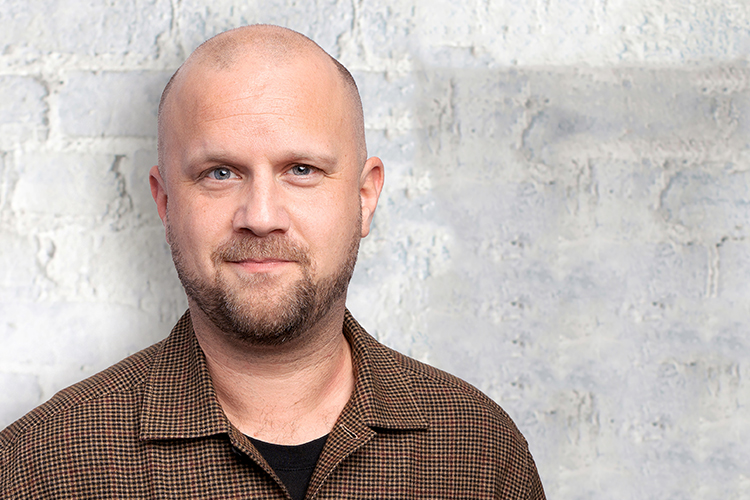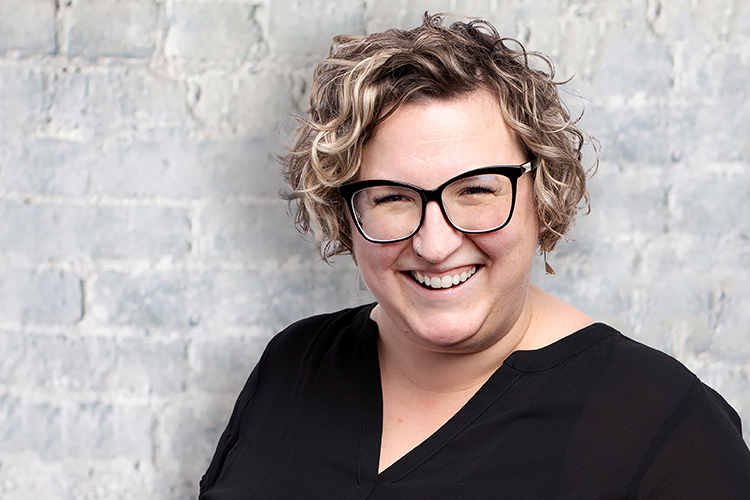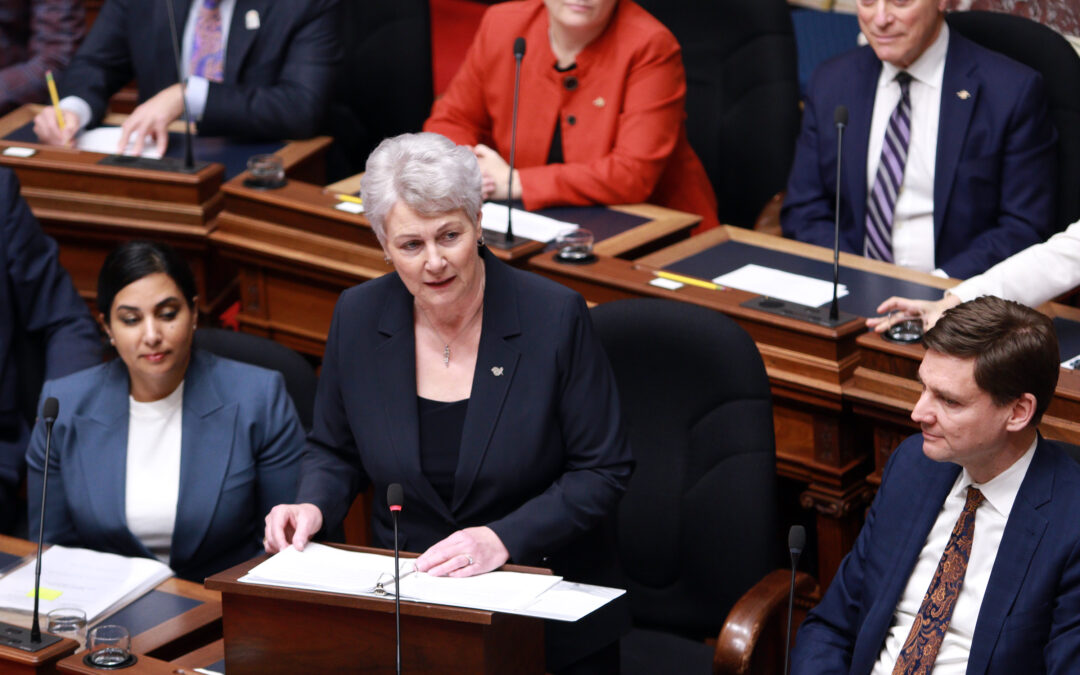Throughout its first two mandates, the BC NDP government has focused on investing in services like health care and education while providing help for people during challenging times.
Finance Minister Katrine Conroy has stayed true to those themes in tabling her government’s last budget before the provincial election with the hope that this remains a winning formula to secure a third term.
At a time when families are facing an economic pinch due to global inflation and high interest rates, Conroy has chosen to invest in services and people and stay away from major tax increases.
Instead, she plans to run deficits of just over $7.9 billion this year, just under $7.8 billion in 2025-26 and just under $6.3 billion in 2026-27. The province is also forecasting modest economic growth in 2024 with an increase in real GDP of .8% in 2024, and 2.3% in 2025.
When asked by media earlier this week, Premier David Eby said this is not the time to cut back on services people need. Instead, Budget 2024 makes significant investments in several key areas:
Strengthening healthcare in all regions: Budget 2024 invests an additional $2 billion in healthcare over the next three years at just under $33 billion this year and rising to just over $34.6 billion by 2026-27. This funding will support primary care and acute care, long-term care, assisted living, home care, mental health, and substance abuse care. The budget also focuses on the recruitment and retention of doctors, nurses, and other medical professionals.
While much of this funding is to expand existing service areas, the government will -for the first time – offer financial support for in-vitro fertilization.
The government has made significant commitments to build cancer care capacity throughout the province in addition to new hospitals in communities such as Surrey. The government has set aside $13 billion over the next three years to fund that construction.
Carrots and sticks to build more housing: Budget 2024 has several carrots and one new big stick designed to address the province’s persistent housing crisis.
The stick is a new 20% flipping tax on profits of the sale of homes sold two years after they have been purchased. Exemptions are available for life circumstances such as divorce, death, illness, and relocation from work.
The carrots involving reductions in the property transfer tax to stimulate home construction:
- Qualifying first-time home buyers who purchase homes worth up to $850,000 will see a reduction in their property transfer tax, with the first $500,000 being exempt. This means up to $8,000 in savings. An estimated 14,500 people, twice as many who qualified under the existing program, will be eligible for this tax break.
- People purchasing new homes with a price of $1.1 million or less will also be eligible for the newly built home exemption.
- New purpose-built rentals with four units or more will receive a property transfer tax exemption until 2030.
Relief to families and small businesses: The province is expanding access to its family benefit for low-income families by increasing the threshold, providing a 25% increase to everyone who receives it and offering a one-time bonus of $248 million.
- A family of four will receive up to $2,850 a year and up to $3,563 with the bonus.
- A single parent with one child will receive up to $2,250 and up to $2,680 a year with the bonus.
- The government estimates 66,000 more families will receive the benefit, bringing the total number of families receiving the benefit to 340,000.
Budget 2024 will give people some relief on their electricity bill with a one-time BC Electricity Affordability Tax Break. Homeowners will receive an average of $100. Commercial and industrial customers will receive savings of up to 4.6% on their electricity bill, with the average small business owner getting a $400 break.
The government is also increasing its Climate Action Tax Credit. A low-income family of four could see their payment increase from $890 to $1,005 and an individual who received $447 last year will receive $504.
The budget also increases the threshold for the Employer Health Tax from $500,000 to $1 million. As a result of the change, 90% of BC businesses will be exempt from paying the tax.
Building a stronger, cleaner economy: BC faced a devastating wildfire season in 2023. To prepare for this season, it is investing an additional $154 million in operating and $21 million in capital funding to enhance its firefighting and fire prevention capacity.
It is investing $318 million in rebates for clean transportation, energy efficient buildings and communities to support the transition to a low-carbon economy. In addition, $93 million will be made available for heat pump rebates, active transportation grants, electric vehicle charging infrastructure and youth involvement in climate-action initiative.
It also commits to moving forward on a critical mineral strategy in partnership with industry and First Nations. The budget also commits to a new First Nations Equity Financing Framework so Indigenous communities can receive more benefits on resource and other projects in their territories.
The budget invests $15.5 billion over the next three years in infrastructure to move forward on projects such as Highway One improvements, the Fraser Tunnel replacement, the Pattullo Bridge, the Broadway Subway, and the Surrey Langley SkyTrain.
Budget 2024 also provides $228 million over the next three years to support the province’s StrongerBC Future Ready Action Plan focused on training people for the one million jobs that will need to be filled over the next decade.
Building and renovating schools in growing communities and funding education: As a result of record immigration, enrolment in BC schools increased by 13,000 in 2023. To meet that demand, Budget 2024 will invest nearly $1 billion over the next three years to hire more teachers and support staff bringing the total in education operating funding to $8.7 billion in this budget. It is also investing $4.2 billion in capital funding to build, renovate and seismically upgrade schools and playgrounds.
To learn more about what this means for your sector, business, or association, please reach out to the Counsel Public Affairs BC team:

Jean-Marc Prevost, Vice President, Western Canada
250.480.9778

Amanda van Baarsen, Associate Vice President, Western Canada
778.480.9778

